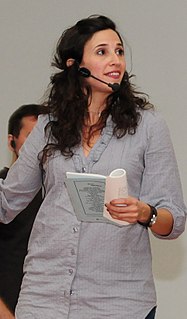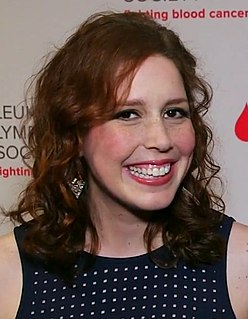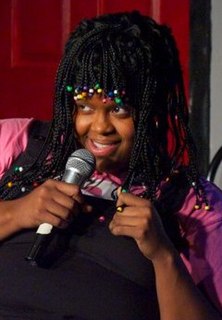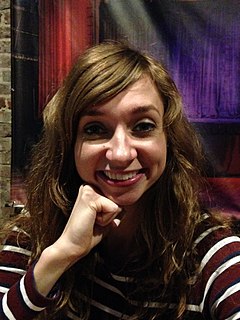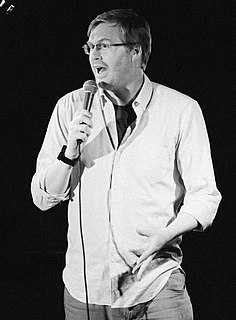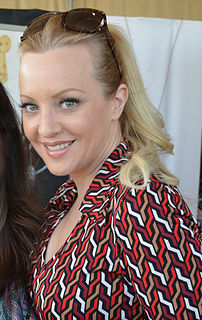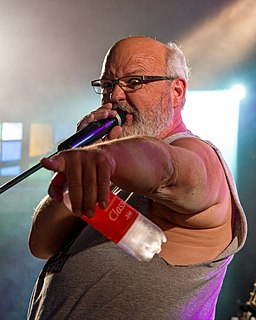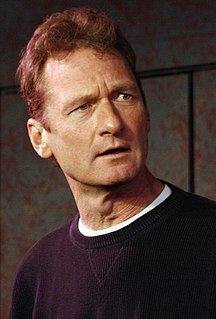A Quote by Michaela Watkins
My rule of thumb is to always do what's on the page first. Then you can talk to your director about playing with it. Improv frees me up in a character, but I would be mortified if the writers who agonized over their words assumed I thought my improv was more valuable.
Related Quotes
I was on the improv team in high school, and after I graduated, I joined an improv company that had been established 10 years prior to me getting there. They did longform improv, and I fell in love with it. It's acting, character creation, collaborative, artistic expression and comedy - and it's scary. It was a big rush.
I think with improv - and I say it all the time because it's become such a catch thing that you talk about improv - if the scene is well-written, you don't need to improv. But that being said, if something strikes you in the moment and, most importantly, you know where the scene is supposed to go, it's no different than method acting.
Improv is more than just spitting out a bunch of funny stuff that's unrelated to the material. You have to stay in character, you have to react and respond as the character you're trying to play. You have to service the story, and I think improv training has helped with my listening, responding, and my audition technique. It's sounds so silly, but it's true. Because not only do you improvise during the audition, but once you get the part, they'll say, "Throw away everything. Just improv this scene. Do whatever you want." Someone could panic if they're not used to doing something like that.
It's great when improv is encouraged. It's a really fun thing. It depends on who's in the movie and how their process works, as well. It takes a director who is open to that because you have a script, but then something funny could happen on set. So, to have people around you who encourage improv is really exciting.
I was invited to do an all-female improv festival in Portland called All Jane, No Dick. The person running it asked me if I had a female improv team, and I just said yes and then figured out who I would want to bring with me. We had such a fun show together that we decided that we should keep doing it.
